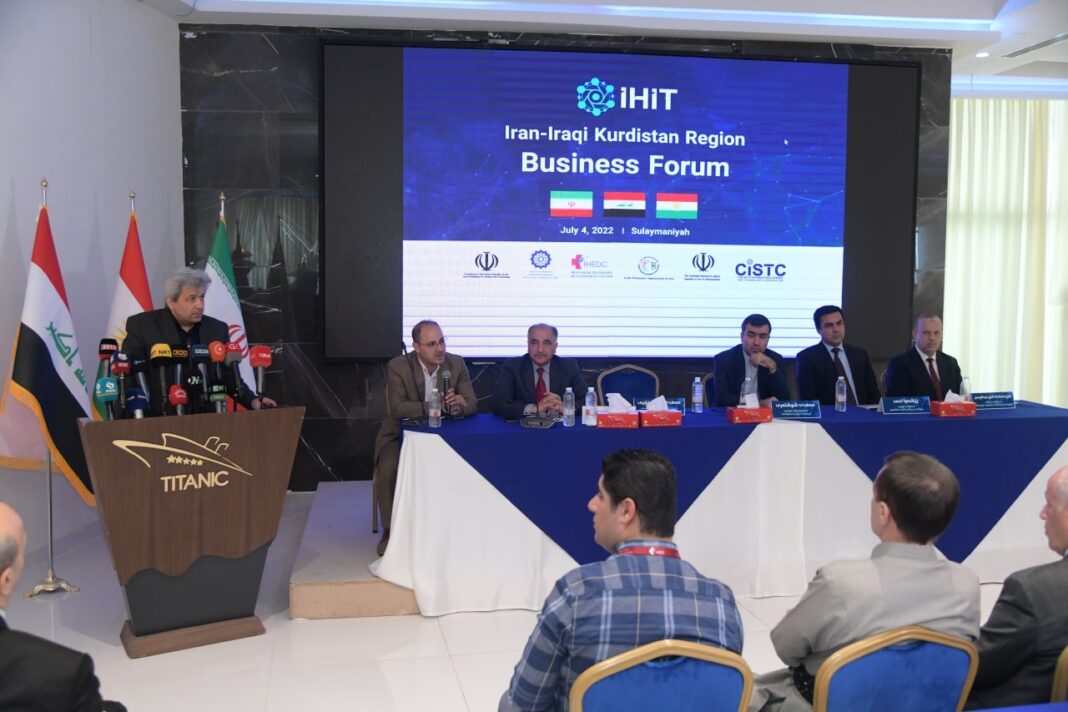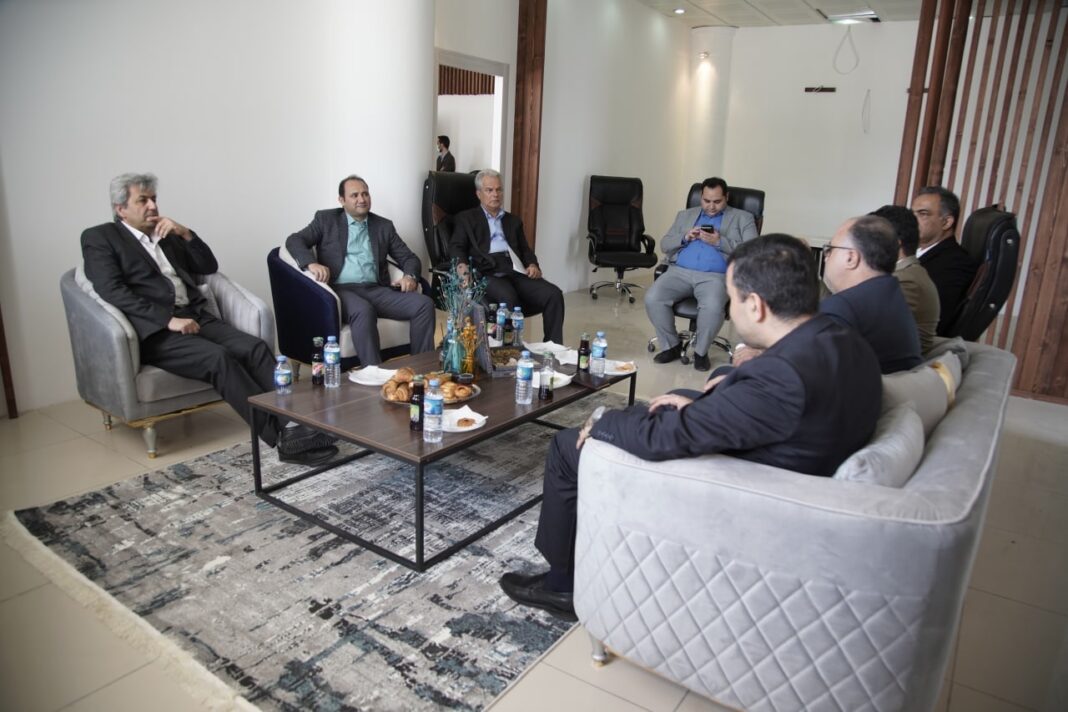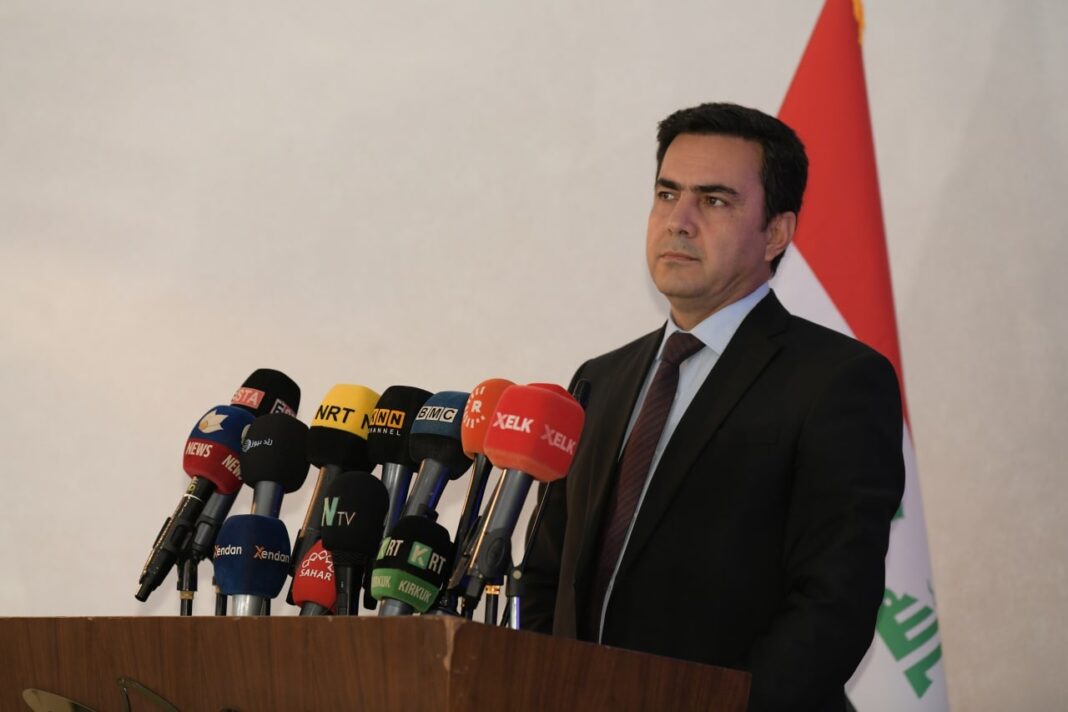1. Overview of Kurdistan’s Energy Sector
The Kurdistan Region has a rich energy sector, primarily driven by oil and gas production. With significant reserves and an expanding infrastructure, the region plays a crucial role in Iraq’s overall energy output. Additionally, the government has been actively working to attract foreign investment to enhance production and export capacity.
2. Oil Production and Export Growth
Kurdistan’s oil exports remain a major revenue source, with pipelines transporting crude oil to international markets via Turkey. While political disputes with Baghdad have at times disrupted exports, the regional government continues to negotiate agreements to stabilize the sector. Ongoing investments in refining and transportation aim to improve efficiency and profitability.
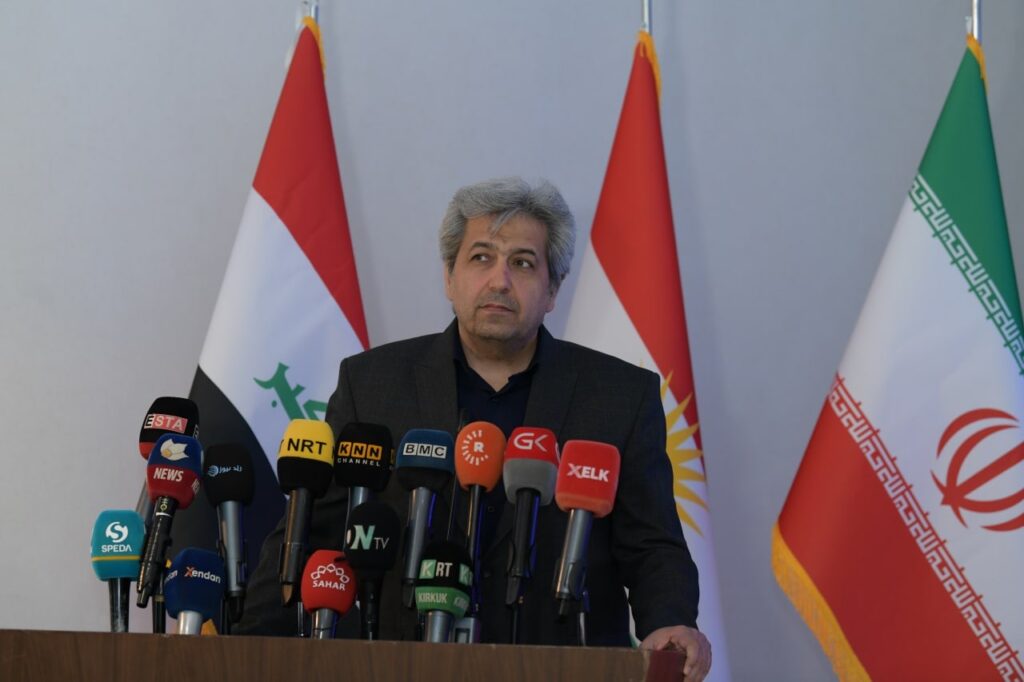
3. The Rise of Natural Gas Development
Beyond oil, natural gas is emerging as a key energy resource in Kurdistan. Recent discoveries and exploration projects are positioning the region as a future supplier of gas to both local industries and international markets. With an increasing focus on energy security and sustainability, gas production is expected to play a larger role in Kurdistan’s economic development.
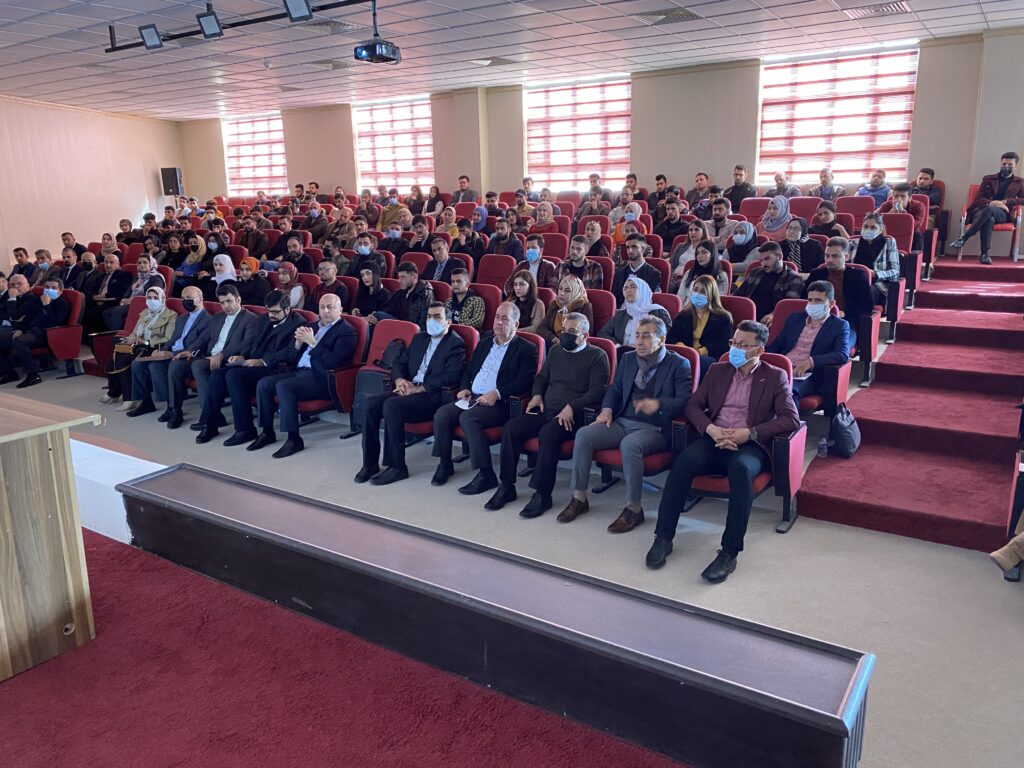
4. Infrastructure Expansion and Investment Opportunities
The energy sector is benefiting from new infrastructure projects, including the construction of refineries, pipelines, and storage facilities. Foreign and domestic investors are keen to support modernization efforts that can improve efficiency and output. These developments are crucial for ensuring long-term stability in the region’s energy market.
5. Future Outlook and Strategic Goals
Looking ahead, the Kurdistan Regional Government (KRG) aims to diversify energy production, strengthen international partnerships, and implement reforms to enhance transparency in the sector. The push towards renewable energy sources and greater regional cooperation could further solidify Kurdistan’s position as an energy hub.

